
The condition of your transplanted hair is fragile or delicate, especially in the initial days. People who get hair transplants in Islamabad are suggested to follow some procedures to maintain the position of transplanted hair and avoid any harm to them because friction can endanger their position or placement. Especially, when hair transplant is performed at the crown area of the head, the susceptibility to hair breakage increases. We will inform you about a sleeping way to reduce the possibility of transplanted hair loss.
Crown Hair Transplant: Overview
Hair loss or baldness disturbs the lifestyle of an individual. It produces negative energy and makes a person self-conscious. Hair transplant is a surgical way to address this condition, restore lost hair and create a fuller hair head. A crown hair transplant is performed to restore lost hair from the top or central area of the scalp. The central or top area of the scalp is dubbed crown.
Hairs from the crown area of the head fall because of the aging factor, genetic predisposition, unhealthy lifestyle and poor hair care practices. A hair free or empty crown area reduces the charm of an individual’s personality and originates a need to address this hair loss.
During this treatment, hairs from the donor area are extracted and then meticulously placed into the crown region of the head. Both FUE and FUT procedures can be considered to restore lost hair from the top area of the scalp. You can cover receding hairlines or restore lost hair from the central or vertex of the scalp, but the most important thing is how to make the procedure successful and get your desired results.
How To Sleep After A Crown Hair Transplant?
After having a crown hair transplant in Islamabad, along with other things, you need to focus on your sleeping position to prevent grafts from being dislodged. First of all, do not touch or rub the treating area, as it can also damage the placement of hair follicles because they need some time to get stable. Remember! Whatever you do, do not put pressure on the transplanted area because the application of pressure or friction can dislodge follicles. Use multiple pillows to reduce pressure and friction, and try to sleep on your back, as this position will reduce pressure on your head, especially on the crown area.
When to start sleeping in a normal position again?
This is not a specific answer to this question. Normally, surgeons allow people to start sleeping in a normal position after ten days. You can start your normal sleeping pattern after ten days. During this time, swelling reduces and the position of transplanted hairs is more secure. The risk of displacement is almost eliminated after days of treatment.
How To Foster Healing After Hair Transplant?
- Do not rub or scratch the treated area, as rubbing can disturb the healing process
- Avoid smoking as it could also disrupt blood supply and slow down the recovery
- Refrain from strenuous activities and take proper rest
- Do not expose the treated area to the sun, and keep the treated area protected
- Take care of your diet and eat a balanced diet to foster the healing process
Summing up:
Crown Hair transplant in Islamabad is a surgical treatment that involves the extraction of hair follicles from a donor area and the transplantation of those follicles into the bald patches of the scalp. The top of the scalp is called the crown. When this hair restoration technique is applied to restore crown hairs, then it is called crown hair transplant. You should be very careful for a few days after getting treatment because careless behavior may reduce the benefits of this procedure. You should avoid the application of pressure and friction on your scalp area; sleep on your back to reduce pressure on your head.
Book your appointment at Royal Cosmetic Surgery Islamabad to restore your lost hair and recreate the aesthetics of your personality. If you are dealing with hair loss or receding hairlines, then consult with Dr. Naveed Azhar, who is one of the most popular surgeons in this locality. Visit our clinic and get a consultation session to make an informed decision.
FAQS:


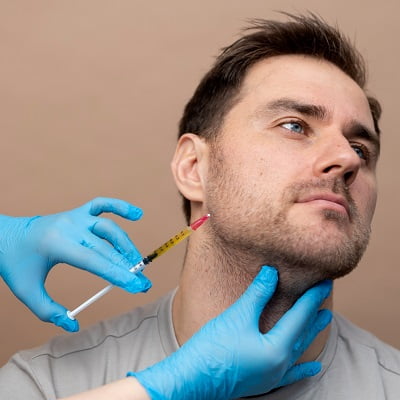

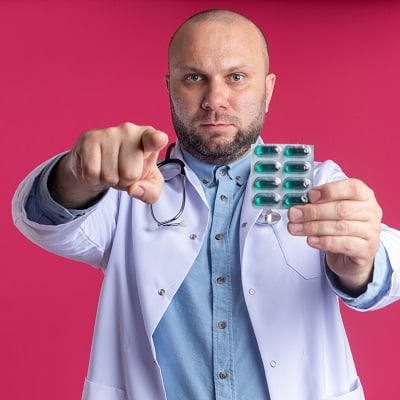

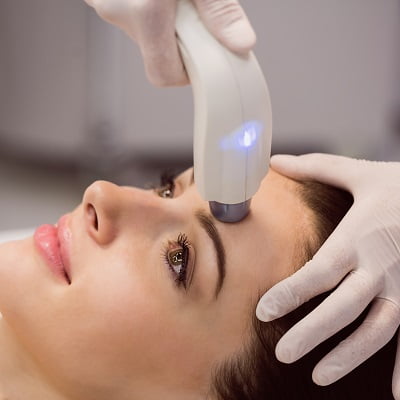
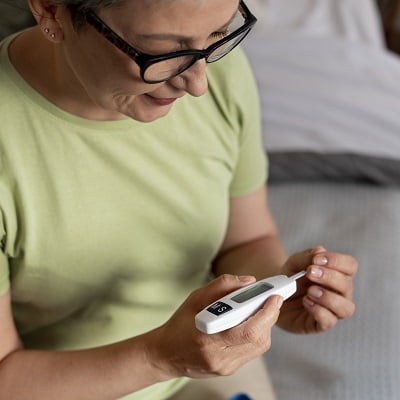
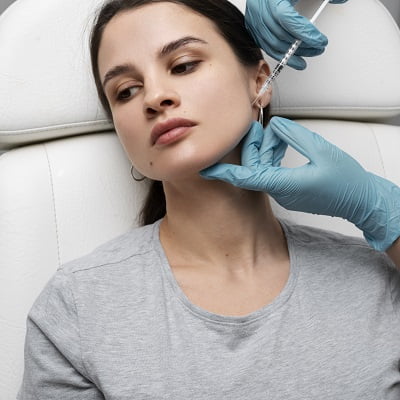
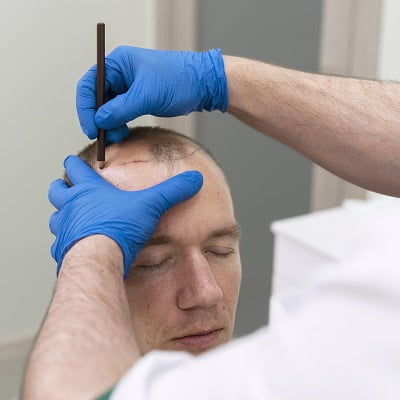
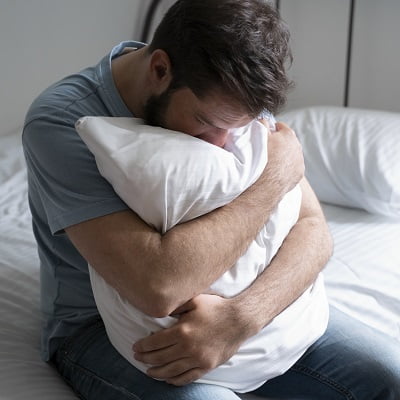
Book Appointment